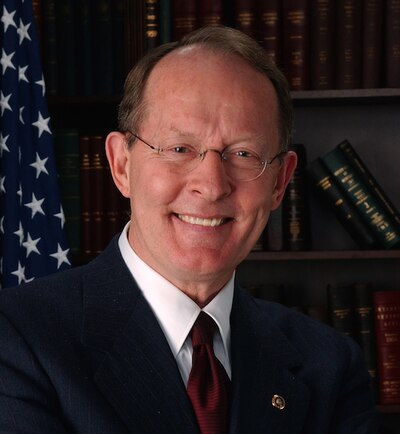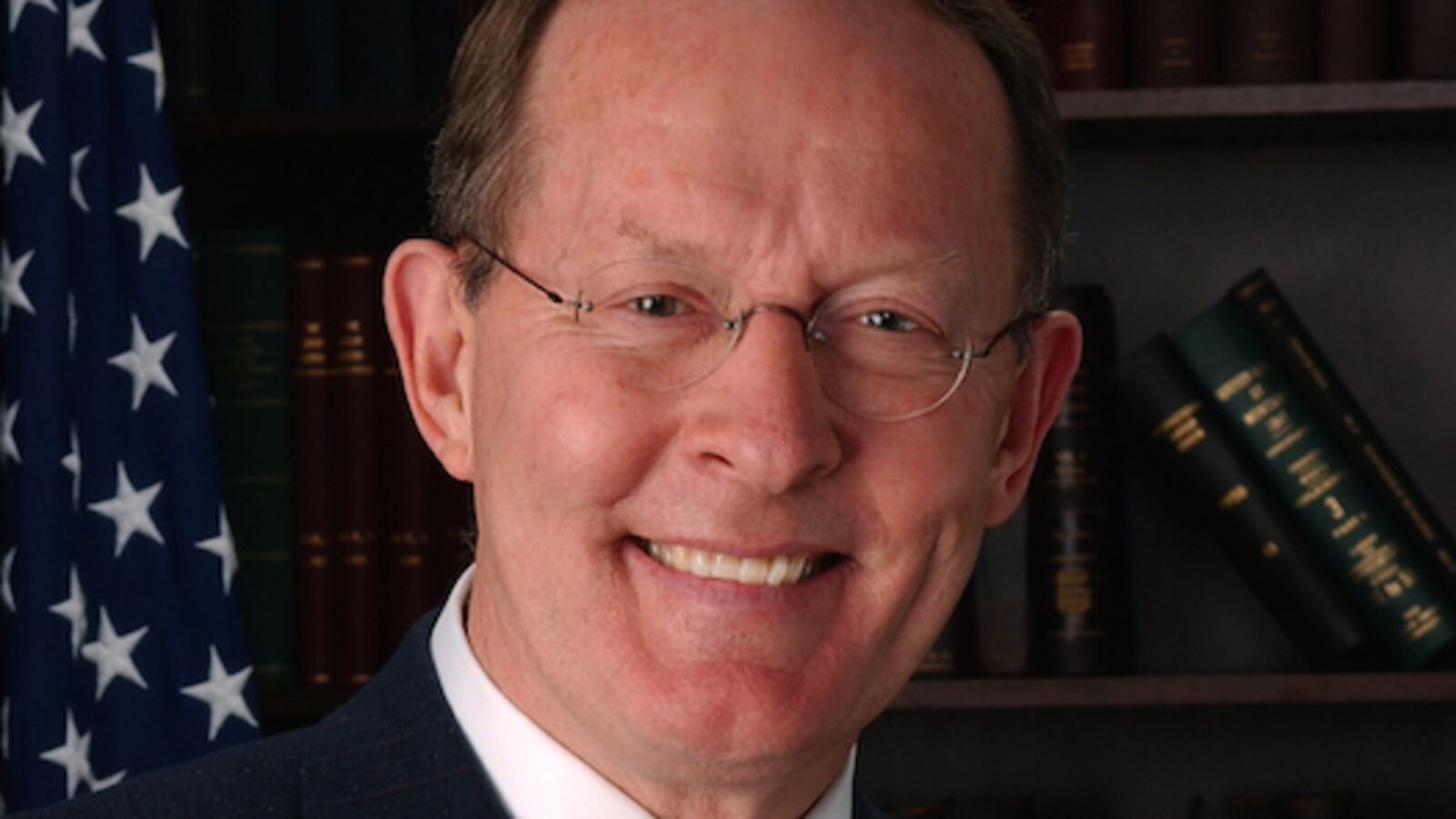A longtime proponent of school choice, U.S. Sen. Lamar Alexander (R-Tenn.) called Wednesday for more federal programs that give parents the opportunity to choose schools they think best fit their children.
Speaking before the Brookings Institution in Washington, D.C., the chairman of the Senate Education Committee questioned the logic behind limiting school options in local schools when popular and successful federal programs support other choices for families – for example, allowing parents to choose to spend federal grants or aid on whatever child care centers or colleges they prefer.

“If we trust parents to choose child care for their children, and we trust them to help their children choose a college to attend – and both those systems have been so successful – why do we not also trust them to choose the best elementary or high school for their children?” said Alexander, a former Tennessee governor and former U.S. education secretary under President George H.W. Bush.
Alexander highlighted his proposal filed in Congress last year to redirect $24 billion in federal education funds to low-income families to support choices to send their children to the public or private schools of their choice.
He also encouraged expansion of charter schools and noted that, as the nation’s education secretary in 1993, he “wrote every school superintendent in America asking them to try this new idea from Minnesota called ‘start-from-scratch schools.’ At the time there were only 12 of them. They were the first charter schools,” he said. “Today there are more than 6,000.”
Charter schools are publicly funded but privately operated public schools that are independent from local school districts.
Singling out KIPP and Rocketship – two national charter school networks operating in his home state – Alexander called for federal grants to seed more high-quality charter schools. “Our goal is to grow the federal investment in expanding and replicating high-quality charter schools with a demonstrated record of success, and hold charter schools accountable for their performance,” he said.
Alexander cited a 2015 Luntz Global study which found that 64 percent of parents would send one or all of their children to a different school if cost was no barrier.
Proponents of charter schools and public and private school vouchers that cover tuition costs say such alternatives would force competition that ultimately will improve public schools and education across America. Critics counter that school choice programs simply siphon off resources from already struggling public schools and ultimately may backfire by hurting public school systems.

